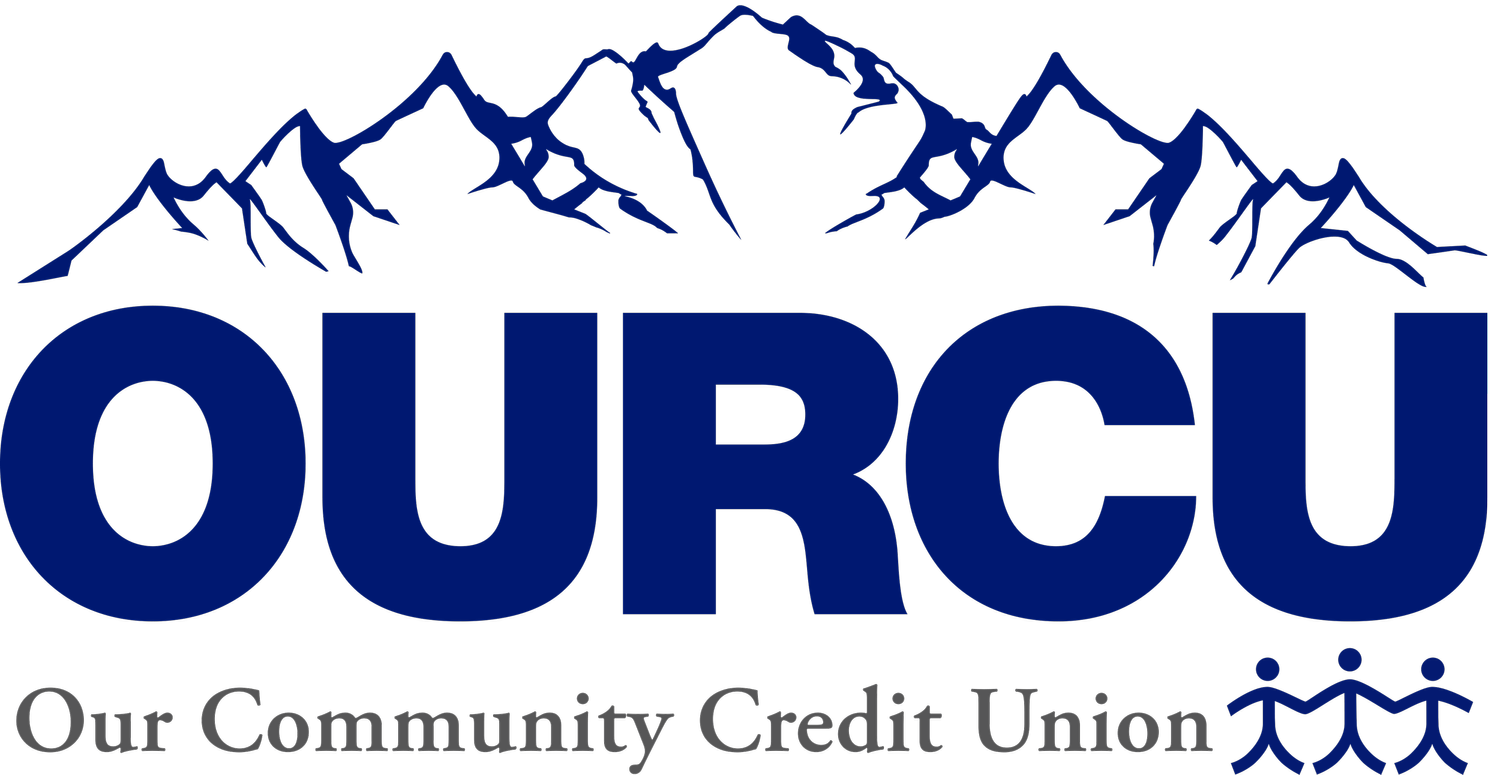Investment/Imposter Scams
Scammers are getting smarter, slicker, and sadly more convincing. Lately, we’ve seen an uptick in two types of fraud targeting our members: investment scams and imposter scams.
They prey on your trust, your hopes—and sometimes even your fear. We’re here to help you recognize the warning signs and protect what matters most: Your money and your peace of mind.
Investment Scams: Big Promises, Bigger Trouble: These scams often show up through social media, emails or even a “friend” with a “hot tip”. They promise fast money, low risk and high rewards—but they’re usually just a fast track to losing your savings.
Watch for red flags like:
Claims of guaranteed returns
Pressure to act quickly or miss out
Vague or confusing details about how the investment works.
Requests to send money through untraceable methods (crypto, gift cards, wire transfers)
If an opportunity seems too good to be true—or comes from someone you don’t know well—pause, verify, and call us.
Imposter Scams: When a Familiar Face Is Actually a Fake: These scams come from someone pretending to be a trusted source: your credit union, a government agency, even a grandchild in distress.
Common tricks:
“There’s a problem with your account—give us your information now.”
“You owe money and need to pay with gift cards, wire transfers, or large sums of cash.”
Hi Grandma, I’m in trouble—can you send money?”
Scammers are playing on emotions and urgency but don’t let them. Scammers want you to act before you think.
What you can do:
Slow down—Scammers want you to rush. Take your time.
Verify EVERYTHING—Call us directly, double-check with friends or family (sometimes talking to someone else about it helps you get a better understanding).
Report it—If something seems fishy, let us know. You might help someone else avoid getting hooked.
Advice from your credit union: If something feels off, it probably is. Hang up. Do NOT click the link. Do NOT share the link. Do NOT give out personal information. Contact us directly using the number on the back of your card.
Scammers are clever—but you are smarter. If something doesn’t feel right, you’re not alone. Call us or stop by a branch. We’re always here to help you stay informed, protected and empowered.
Stay safe and scam-savvy.




